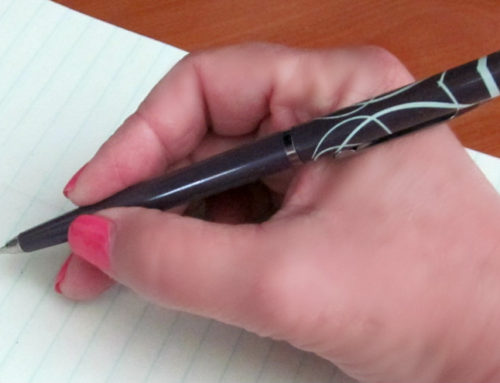Make Time for Building and Maintaining Your Personal Dictionary
Obtaining and maintaining a good personal dictionary is an ongoing process, one that pays off not only in great satisfaction, but additional income, too. In the world of court reporting, the faster you transcribe, the faster you get to bill, and the faster you get to bill, the faster the money comes in. The building blocks of this principle begin with “the faster you transcribe,” and that begins with a good personal dictionary.
Doing your own transcribing is probably the best way to build a good personal dictionary, but there are other ways a busy reporter can achieve a good dictionary. Making time on a regular basis for dictionary entries and cleanup is a must. Whether I’m sitting on my couch with a cup of coffee, or on a plane, or train, traveling to a deposition, it’s during these quiet times I’ll pull out my laptop and enter new words, word groups, and find new ways of writing words that have been in my dictionary for years.
Some pundits suggest deleting words and phrases from your dictionary that you no longer want and then re-enter these words and phrases in a new way. I disagree with that method. I prefer leaving the old words and outlines in my dictionary while adding the new ones. I leave the old words and outlines for when I’m rushed and have to think about what I’m writing and how to write it. If I write it the old, familiar way, it’s there and it comes up nicely, but if I take it out of my dictionary and write it the old way when I’m rushed, it now comes up as junk. I prefer to leave the old, add the new, and concentrate on drilling on the new way of writing until it becomes second nature and my rough transcripts come up cleaner with time.
Remember, personal dictionary building and improvement is like the story of the tortoise and the hare: slow, consistent and methodical behavior wins the race.




